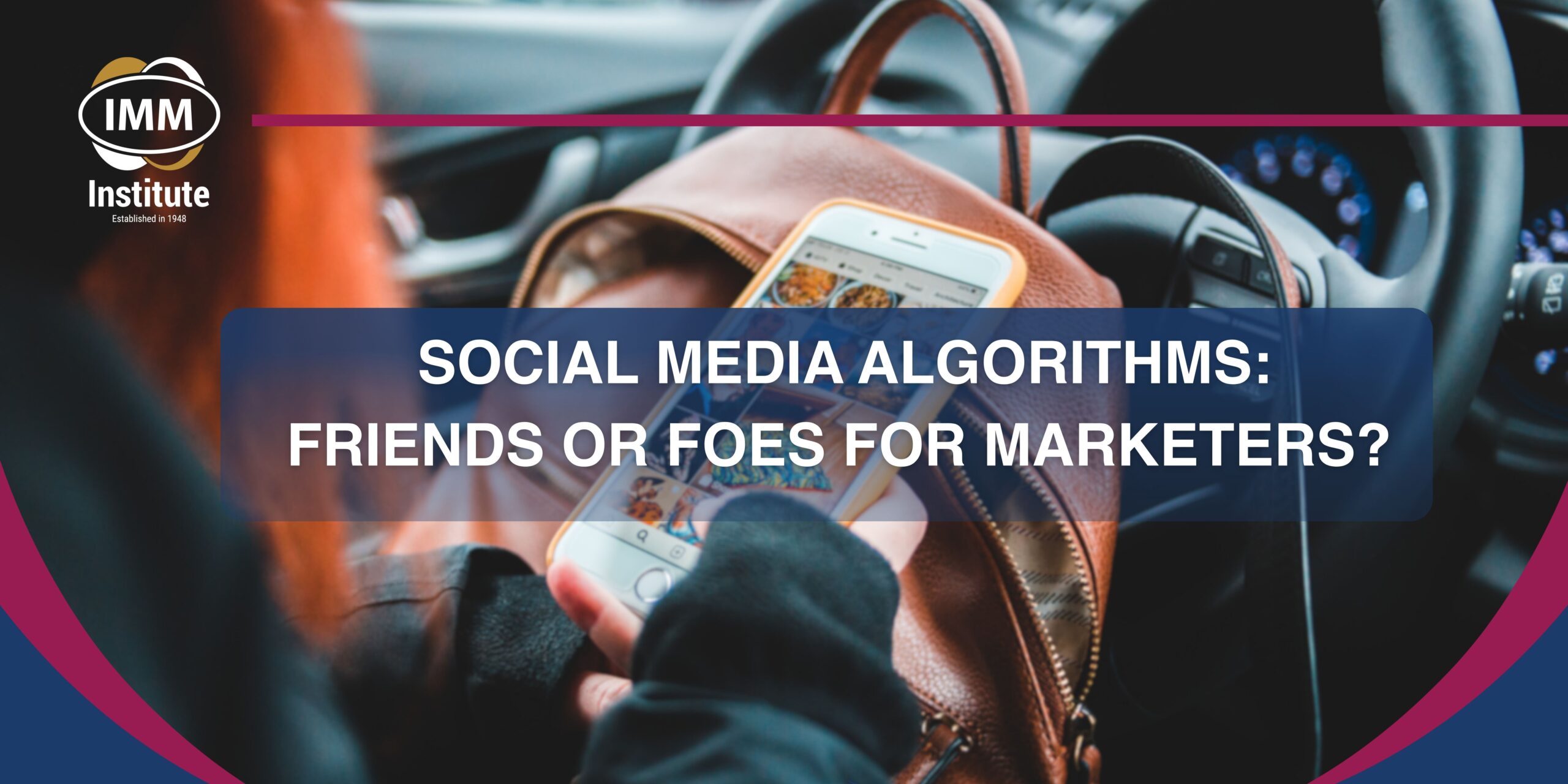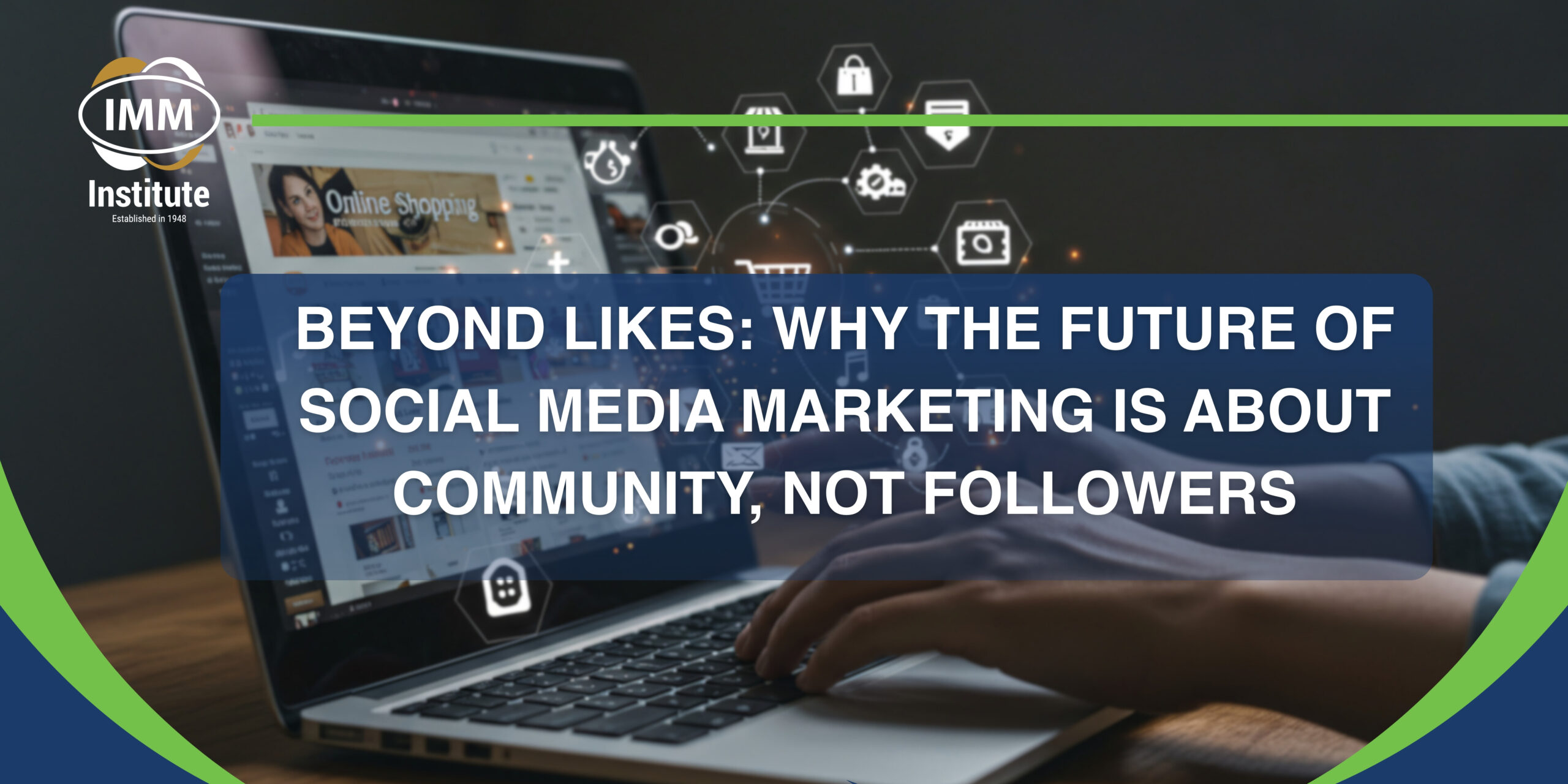Nostalgia marketing has become a trend where marketers create emotional connections and foster brand loyalty by calling back to good memories and the past within their strategies. This direction not only appeals to older – but also to younger generations who enjoy the range on display of different eras. In this blog we will explore nostalgia marketing, brand loyalty, and the option to take courses to help further your marketing career.

The Power of Nostalgia
Bridging Generational Gaps
Nostalgia marketing appeals to a collective sense because of shared memories and experiences. Older generations are touched by nostalgia marketing because it revisits items, themes, experiences, or ads from their childhood and past. Because of this they feel a sense of continuity and refreshed relevance. Younger consumers are often drawn to nostalgia marketing because the designs are often retro and offer a genuine feel which is not common to their digital world.
An example of this is Nintendo which revives classic games in vintage packaging which offers the feeling of nostalgia while still appealing to young and old.
Creating Emotional Connections
By appealing to pleasant memories that arouse feelings of cosiness and familiarity, nostalgia marketing is skilled at fostering strong emotional connections. This process goes beyond simply going back to the past; it also entails reliving the feelings connected to it. Brands that are successful in evoking these emotions create a strong connection with their target market. Campaigns that bring back beloved childhood characters or reintroduce old products, for instance, might evoke sentiments of comfort and happiness. Customers that experience these feelings feel understood and appreciated by the brand, which translates into a sense of trust and loyalty.
Businesses such as LEGO have mastered this strategy by bringing back classic sets that not only excite die-hard fans but also introduce younger generations to classic designs.

Building Brand Loyalty
Brands may help their customers feel like they belong and have an identity by appealing to their most treasured memories. Long-term commitment and recurring purchases are encouraged by this emotional connection.
Companies like Apple accomplish this by incorporating recognisable design cues from previous models into their current goods, establishing an emotional connection with customers. The familiarity of these components strengthens the brand’s identity and strengthens the bond between the consumer and the brand. Moreover, sentimental advertising efforts frequently establish a community of customers with similar experiences, encouraging brand loyalty and natural advertising. As a result of this shared past and emotional connection, consumers eventually develop unshakeable brand loyalty since they keep choosing the companies that bring back fond memories from their lives.
If you would like to use nostalgia marketing to build brand loyalty specifically online, we would suggest you explore the online Building Online Customer Relationships course offered by the IMM Institute. This course educates its students on how to read data collected online to communicate to audiences in a more precise and relevant way.

In conclusion
More than just a clever move, nostalgia marketing is a potent technique that reaches into customers’ core feelings to create enduring bonds that last the test of time.
Brands may appeal to both older and younger generations and creating a bridge between the past and the present by bringing up pleasant memories and shared experiences. In addition to promoting brand loyalty, this emotional connection gives customers a feeling of belonging and community. By capitalising on nostalgia, marketers can foster enduring brand loyalty and guarantee that their legacy lives on in the thoughts and emotions of their target audience.
















